27, December 2019
Biya’s End-of-Year Speech: No hope on the horizon 0
As the year ends, many Cameroonians, especially those who are still naïve, are scanning the sky for any good news that will be announced by Cameroon’s 86-year-old president, Paul Biya, who has ruled the country for 37 years. For most of the time he has been in power, Cameroonians have gone from crisis to crisis with no end in sight.
Most of the crises have been generated by corruption and inefficiency which have triggered unemployment, hardship and a massive erosion of morals in the country. The country’s civil service has become an Augean Stable wherein members of the ruling party, the CPDM, also known as the crime syndicate, have transformed it into their personal plantation in which only those who bow to them as Angels do to God, get promoted or appointed to higher positions.
Many still hold that some miracle may happen, as it is generally believed in Cameroon that God works in mysterious ways. Over the last three years, the country has been caught up in messy crises that may lead to its implosion. The Southern Cameroons crisis that has put the country in the spotlight for all the wrong reasons is gradually tearing the country apart.
After more than three years, the country’s army has not been able to end a simple conflict that started as a protest by Southern Cameroonian lawyers and teachers. Mismanaged by the government, the protest rapidly developed into an armed conflict, as the government thought the only way it could stem out the tide of discontent among Southern Cameroonians was by sending its “dogs of war” to the two English-speaking regions of the country and their violence has resulted in the deaths of more than 3,000 civilians.
More than 200 villages have been erased from the country’s map and millions have been displaced. Close to a million Southern Cameroonians are now living in Nigeria, Gabon, Equatorial Guinea, Canada, the United States and the United Kingdom as refugees as a result of the senseless killings in Southern Cameroons. More than half a million have crossed over to East Cameroon where they are living rough. Many of them sleep in the open and thousands have died due to lack of proper health care.
The international community has been calling for an inclusive dialogue that might lead to the restoration of genuine and sustainable peace in the country, but the calls have fallen on deaf ears, with the government holding that it can address the issues without outside support.
But for more than three years, the government has tried desperately to wipe out the rebellion, but its efforts have not produced the desired results. Its penchant for violence and manipulation has made it hard for it to think up the right solutions. For three years, it has been seeking to cure cancer with malarial treatment and this has only triggered more indignation and violence in the two English-speaking regions of the country.
To get the international community off its back, the Yaounde government in October 2019 organized a sham Major National Dialogue that is not in line with the demands of the international community. Instead of inviting Southern Cameroonians to the negotiation, it went ahead to fabricate its Diaspora and used prisoners who posed as Southern Cameroonian fighters to prove that the fighters were dropping off their weapons and seeking a different and honorable path in life.
This charade led to the floating of a Special Status for Southern Cameroonians, most of whom want to opt out of the lopsided union that was established with East Cameroon in 1972. Southern Cameroonians have never been comfortable living with their Francophone counterparts who have distinguished themselves by their sheepish docility and their penchant for dictatorship.
The ‘Special Status’ being proposed by the government, though its contents remain a top secret, has been rejected by Southern Cameroonians who hold that the least they will accept will be a federal system that will grant them the autonomy and independence they need to run their affairs as it existed before 1972. For many Southern Cameroonians, the Special Status proposal is death on arrival (DOA).
As the country continues its unstoppable spiral to the bottom of the abyss, the country’s president, Paul Biya, who has run the country as a monarchy for almost four decades, has continued to hold his cards so close to his chest. Not even the international community is aware of the contents of the Special Status, though the country’s key allies such as the United States, Canada, United Kingdom and the EU have clearly stated that nothing short of an inclusive dialogue will bring about peace in Cameroon.
It is obvious that while delivering his speech on December 31, 2019, Mr. Biya will be showcasing the Major National Dialogue as a success given that it has resulted in the granting of Special Status to the country’s English-speaking minority. But that may not cut ice with many Cameroonians who hold that Mr. Biya and his government have done very little for the country in 37 years. Many Cameroonians accuse Mr. Biya of always playing the clock, hoping that time will address the issues facing the country, though for 37 years, time has only exacerbated the many crises that have delivered deadly punches to the country and its economy.
The Southern Cameroons crisis will continue to be a millstone around the government’s neck if real and genuine solutions are not sought. The Southern Cameroonian Diaspora that counts close to 4 million people is hellbent on destabilizing the country if the government does not come to the negotiating table to address those issues that have blighted the lives of many Southern Cameroonians.
Southern Cameroonians have been living in exile for more than forty years and most of them have been living in wealthy countries such as the United States, Canada, the United Kingdom where they have sent down their roots. Many first-generation Southern Cameroonian immigrants are already retiring, but they are wealthy and can cause the Yaounde government to lose sleep.
Their children, who sympathize with the Southern Cameroonian cause, are using their influence and positions to sell the Southern Cameroonian story to leaders of those wealthy and influential nations. It is very normal these days to see the child of a Southern Cameroonian occupying a strategic position in the United States and the Canada where they can easily influence opinions.
Decades of injustice and oppression in Cameroon have made it possible for Southern Cameroonians to amass wealth abroad and that has given them the wherewithal they need to express their anger and frustration. Today, that Diaspora has become a nightmare that will not go away anytime soon to the Yaounde government.
The Southern Cameroonian Diaspora could be a formidable ally in the battle against poverty and underdevelopment if the government comes down its Ivory tower to have a frank and fruitful discussion with Southern Cameroonian leaders. These leaders hold significant sway over the armed fighters on the ground. Without a negotiated settlement, it is obvious that there will never be any light at the end of the tunnel.
Besides the Southern Cameroons crisis, there is the political crisis that is tearing East Cameroon apart. The controversy surrounding Mr. Biya’s election victory is another issue that may cause the country to implode. Despite having spent eight months in jail, the presumed winner of the 2019 presidential polls, Professor Maurice Kamto, is still spreading his gospel across the country. He still alleges that he won the polls, and this is calling Mr. Biya’s legitimacy into question.
Professor Kamto’s supporters are not yielding to any pressure from the government. Those who are living abroad have constituted themselves into a strong and powerful movement known as the Brigade Anti-Sardinard (BAS) that is giving the Biya government a very bad name.
The BAS has made it a duty to pursue Mr. Biya wherever he goes, and this strategy has given the government a bloodshot eye on many occasions. In Switzerland, Mr. Biya was obliged to cut his trip in the country short as BAS threatened to invade the health facility in which he was being attended to.
In Paris, Mr. Biya faced huge opposition and some of his collaborators such as the Senate President, Marcel Niat Njifenji, were made to feel the people’s wrath. He was ridiculed and embarrassed in France; a situation that caused people around the world to take a second look at Cameroon which is now known as a country ruled by octogenarians who are out of touch with the realities of the modern world. And this explains why Cameroon has continued its onward march to an unavoidable economic and political disaster.
While the country awaits the usual end-of-year speech, it is obvious that nothing good will come out of it. Mr. Biya is noted for making vague and unfulfilled promises and for more than three decades, he has never been as good as his word. The country’s economy has taken a nosedive, youths are unemployed, the country’s infrastructure has crumbled, and its hospitals are more of consultation clinics. Cameroonians have been overwhelmed by poverty and many have simply resigned themselves to fate. Many may be hopeful, but most Cameroonians know that there is no hope on the horizon, as Mr. Biya and his government do not have their people’s interest at heart.
By Joachim Arrey, Ph.D
Brampton, Ontario
Canada

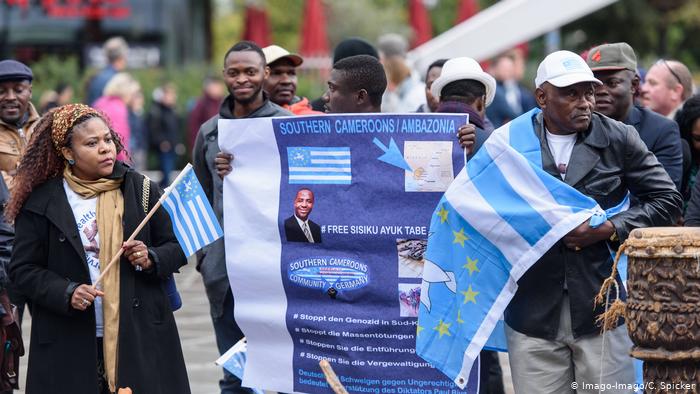
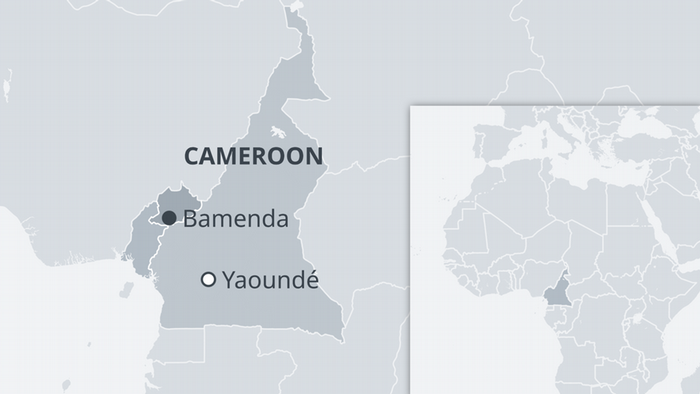
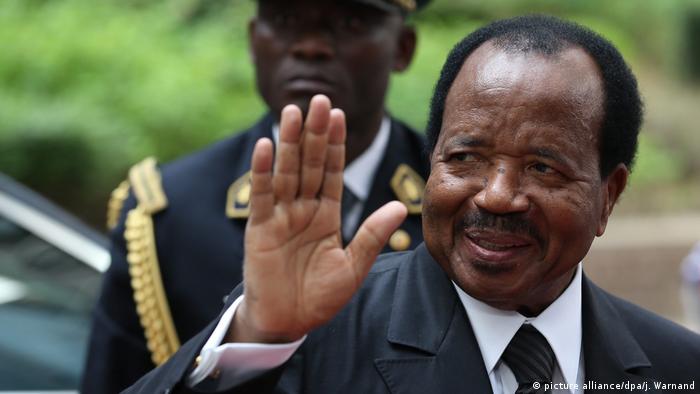
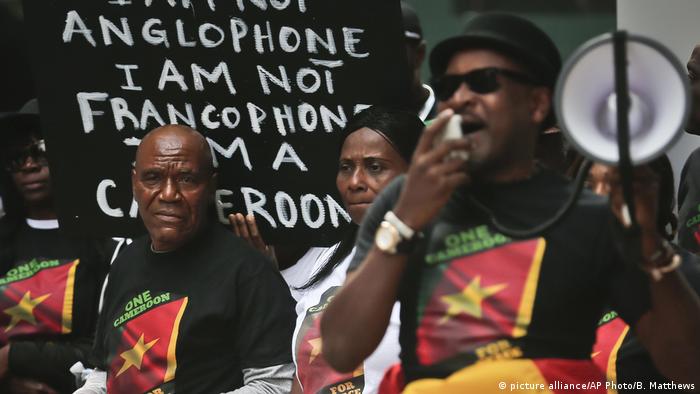



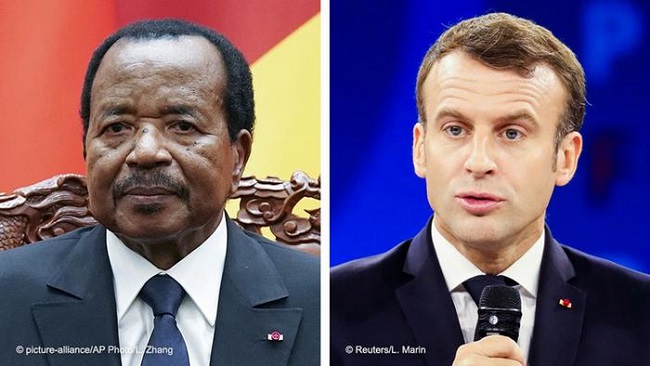

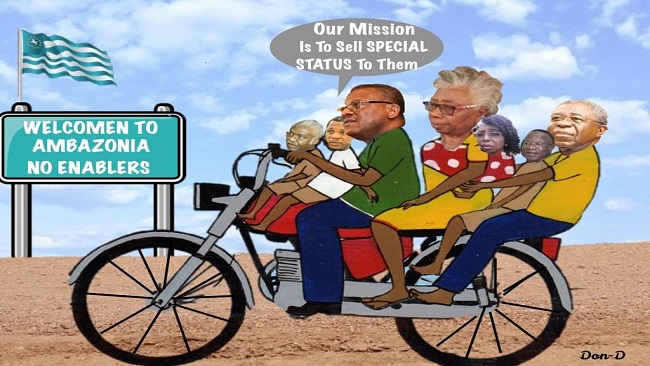
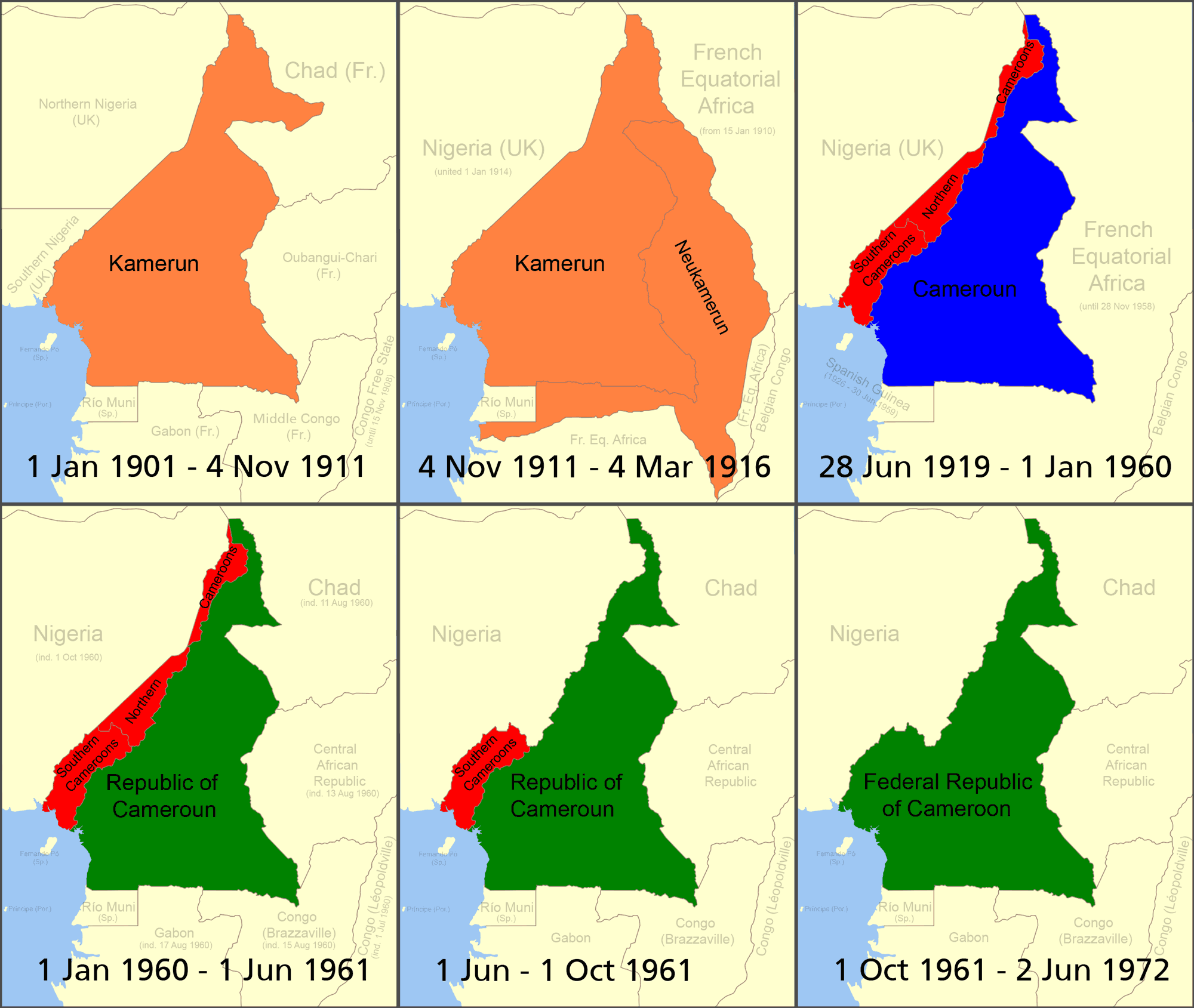





















30, December 2019
Biya regime says no talks with Ambazonian leaders until after February polls 0
The Cameroonian government does not intend to participate in talks with the Ambazonians until local elections have been held.
A delegation from the Center for Humanitarian Dialogue (HD) was to go to Cameroon at the end of November to meet the government, but the government canceled the meeting without re-scheduling.
According to our sources, Yaoundé does not intend to participate in talks with the Ambazonians until the implementation of the measures emerging from the Great National Dialogue in October (in particular the special status for the region’s English speakers) and until local elections – slated for February – are held.
Two opposing camps at the presidential palace
Even after these deadlines, the holding of talks remains uncertain.
The separatists themselves are divided.
And, at the presidential palace, two camps clash.
On the one hand, the supporters of a hard line, rather opposed to dialogue and represented by Samuel Mvondo Ayolo, the director of the civil cabinet, and by Joseph Dion Ngute, the Prime Minister.
On the other, a more open-minded group, embodied by Ferdinand Ngoh Ngoh, the secretary general of the presidency.
Abroad, mediation also has its supporters and its detractors: the United States is very favourable, while France is more opposed to it.
By Besong Eunice Nchong